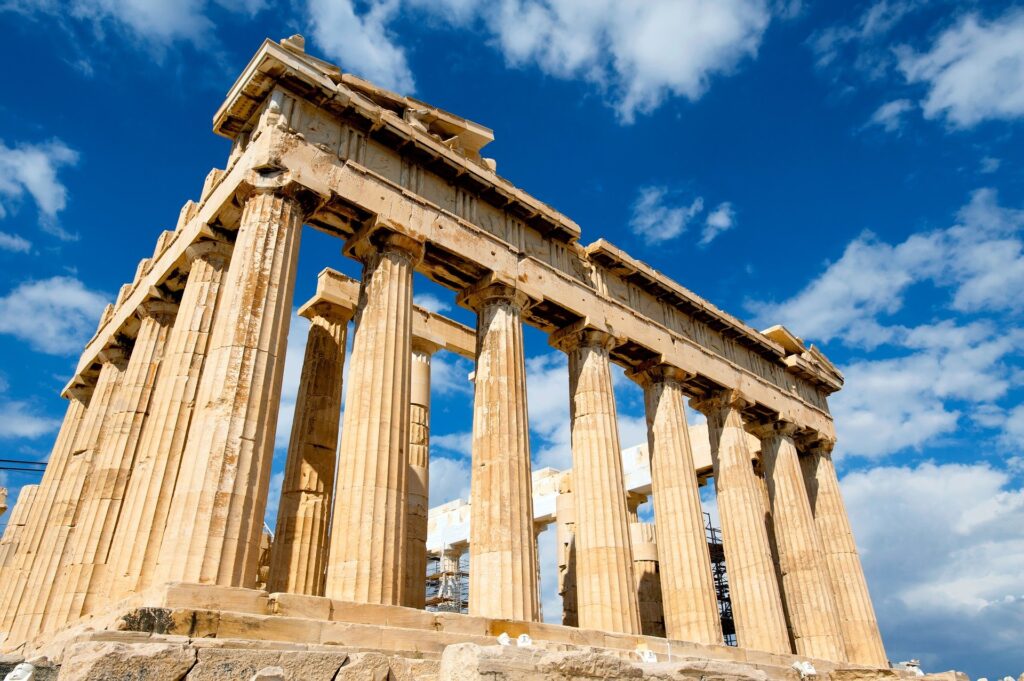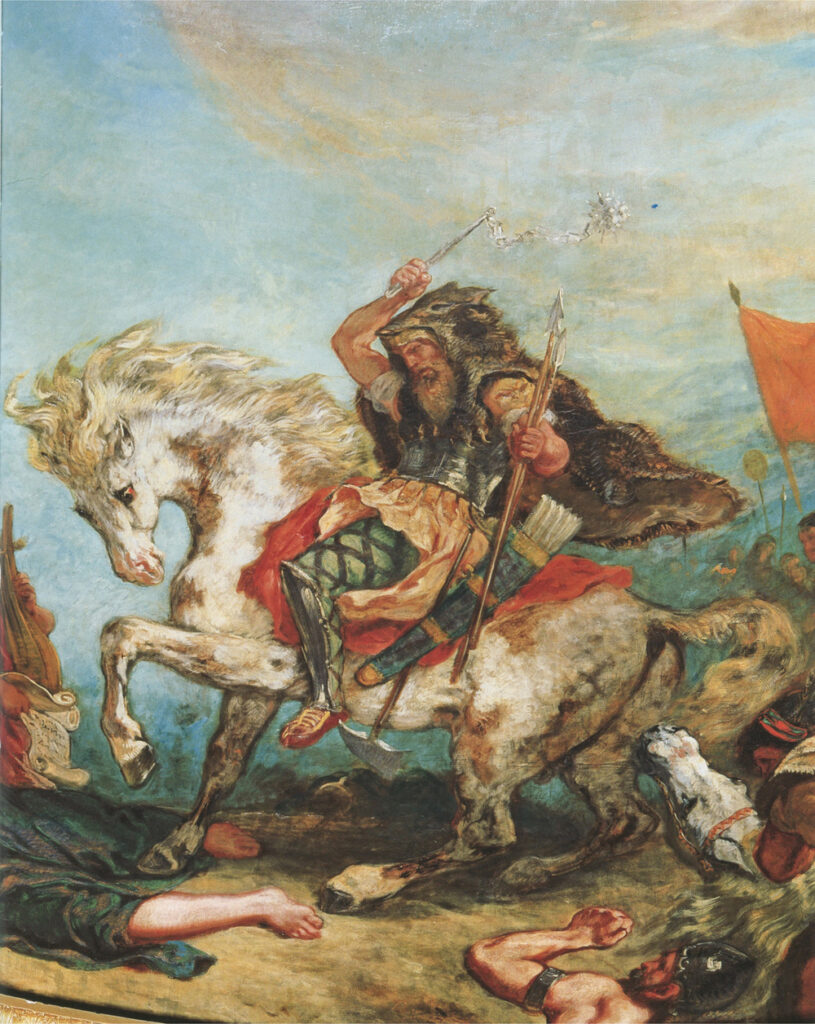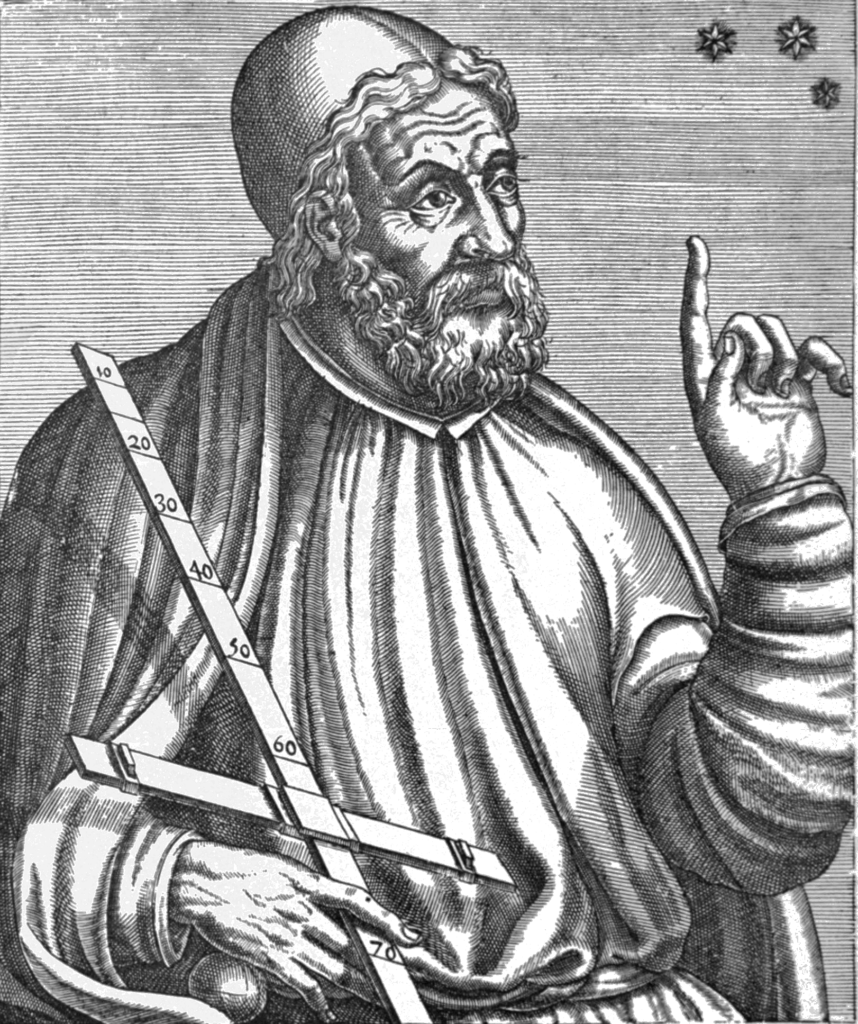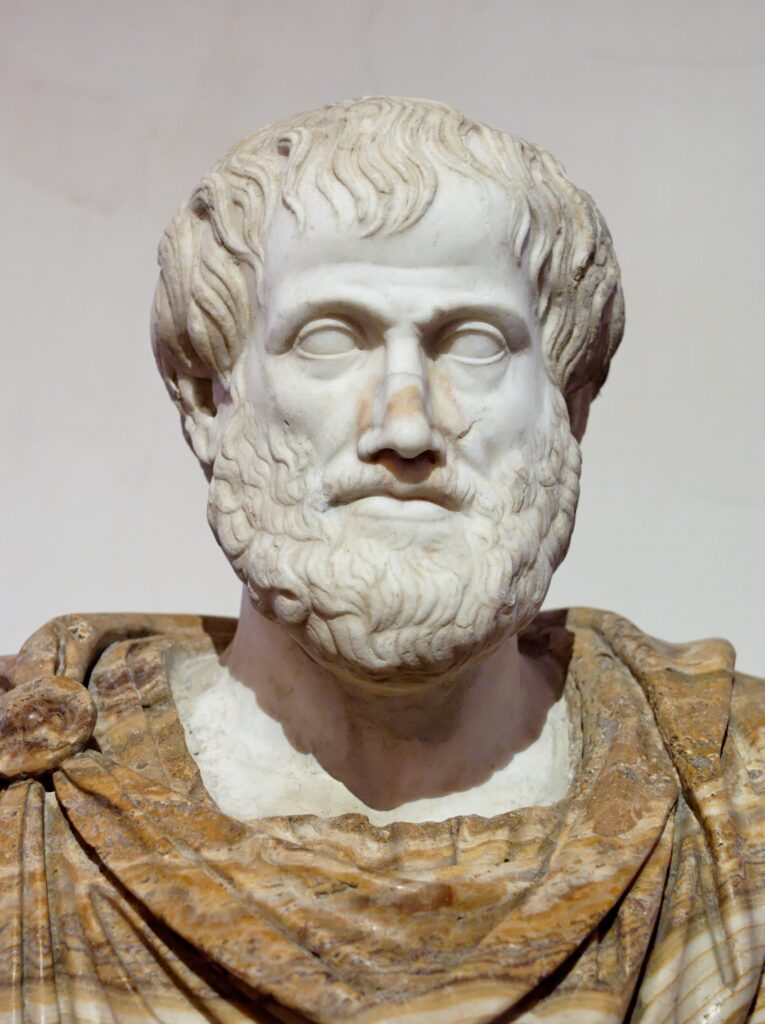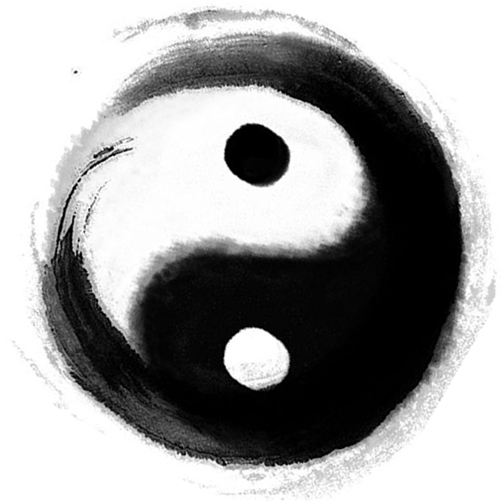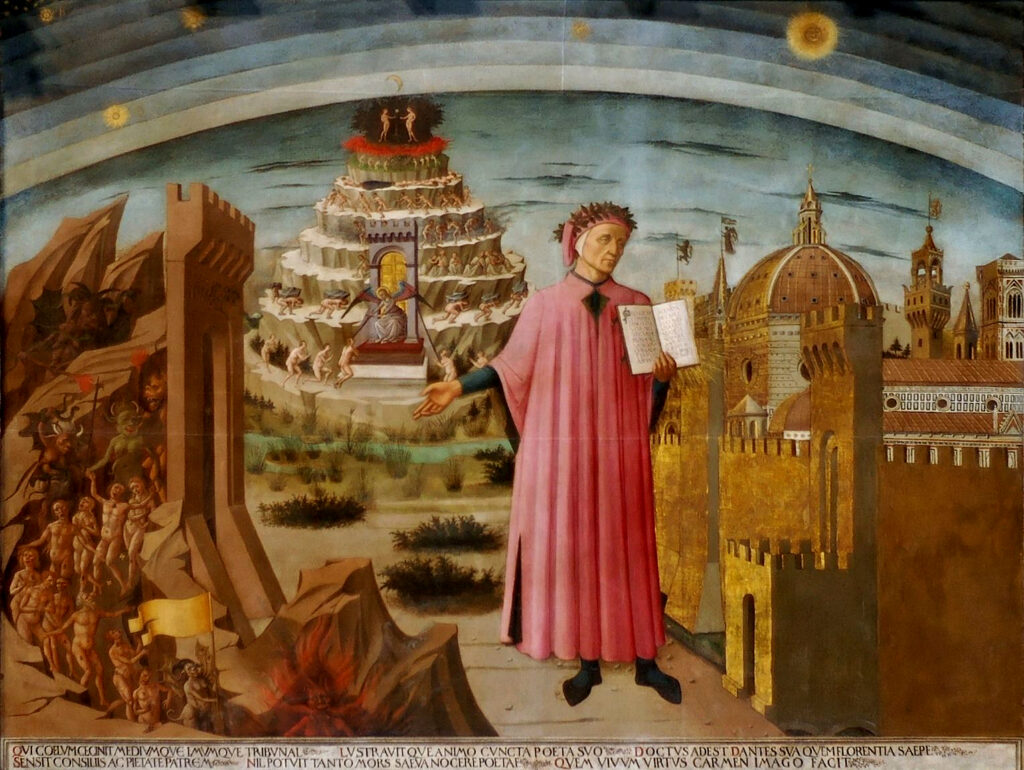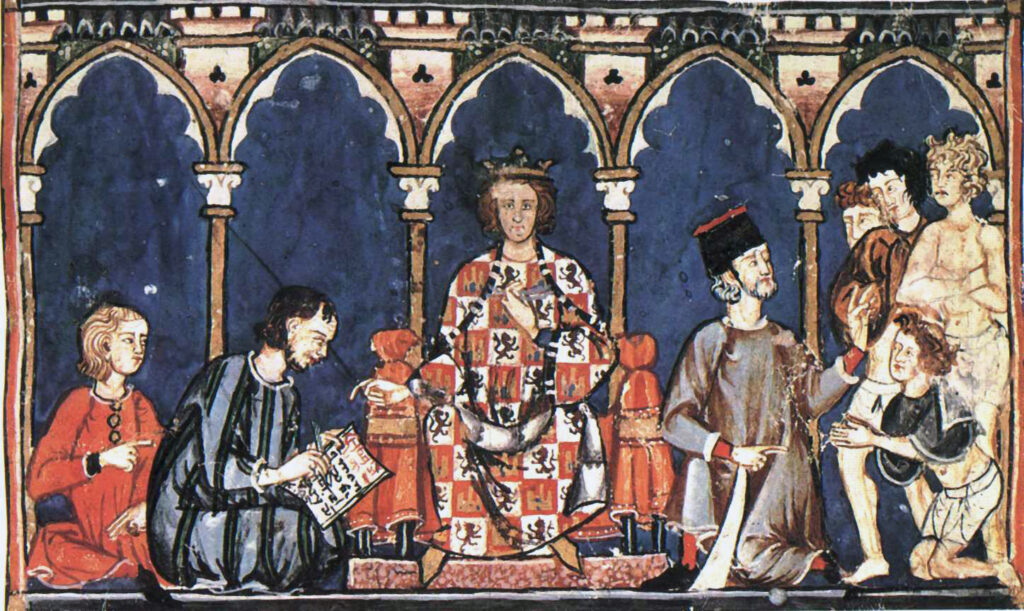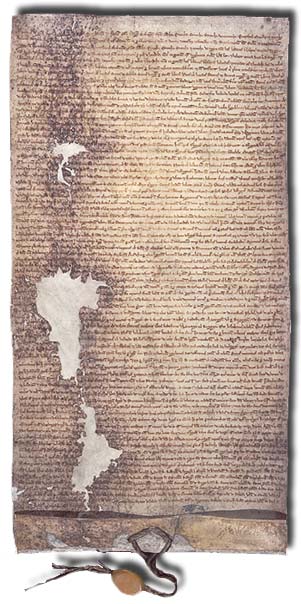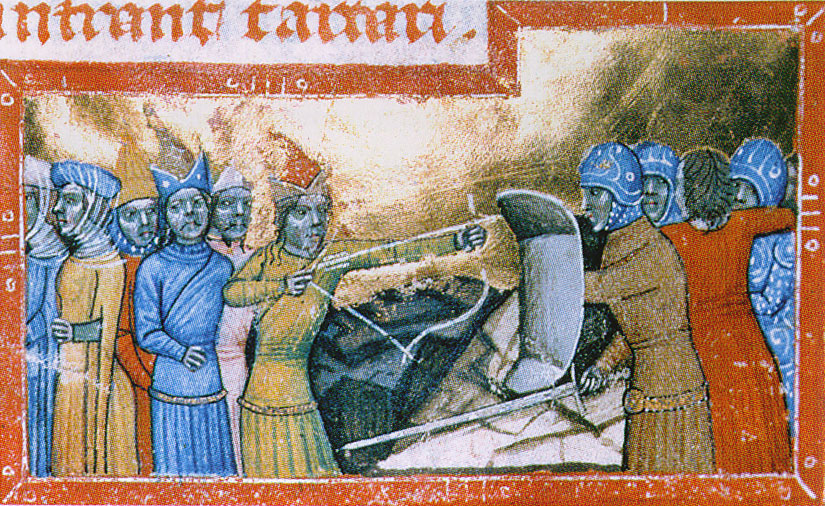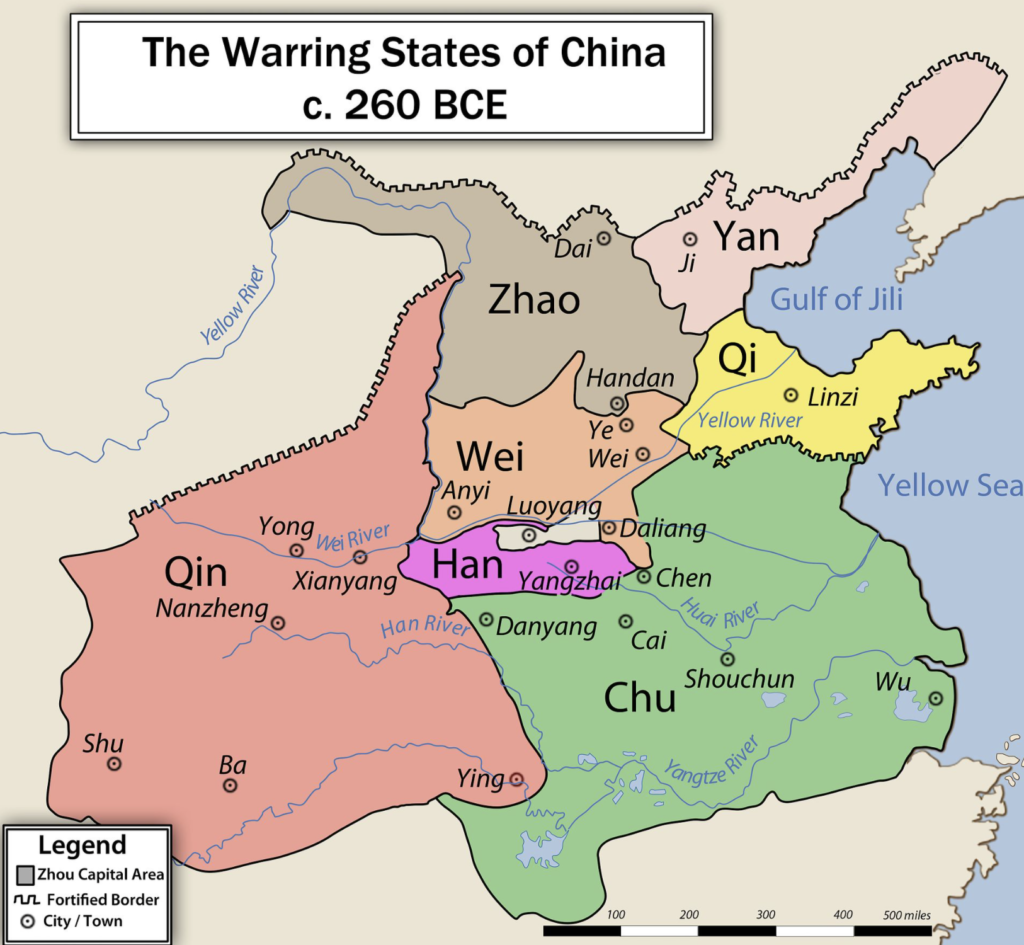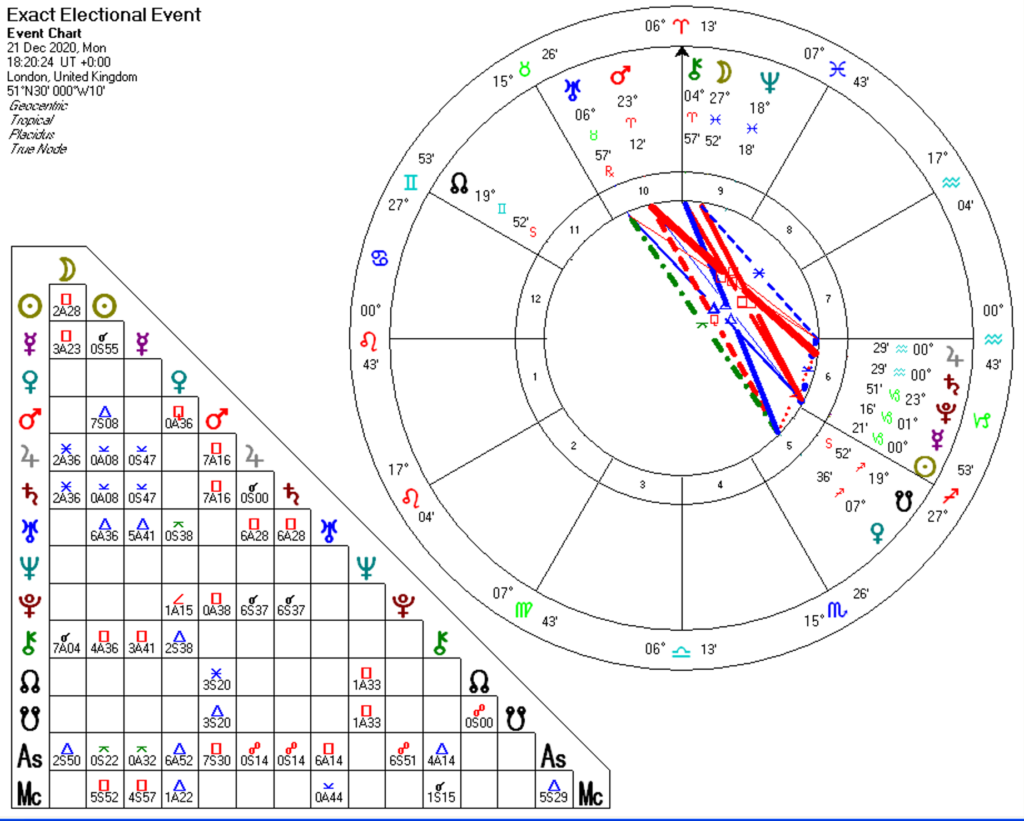The influence of the Air element
We can count the influence of the Air element from 31 Dec 1980 when Jupiter Saturn first conjunct at 9 degree Libra, 575 years after Jupiter Saturn conjunct in Air sign in 1405. It marks the beginning of the Air element’s influence but it will have a long transition period (Great mutation) from 1980 to 2040 which we will mention it’s influence later.
In astrology, Air signs are related to human activity, traditional astrology relates the Air element to Blood and categorised the Sanguine type as extroverted charismatic and talkative. Modern astrologers believe Air signs are related to communication, education, mind and reason.
This suggests that with the Air elements dominating social development for the next 200 years, it may suggest we focus on humanities, communications, education and justice.
The last three Air dominated periods, including the great mutation were between:
463 – 225 BC: First Jupiter Saturn conjunction in 3 degrees Libra, in Oct 463 BC move into Great Mutation and started the influence of Air element, last Jupiter Saturn conjunction in 245 BC its influence continued until the end of 225 BC when Jupiter Saturn conjunct in 4 degrees Scorpio. It was the Classical period, the golden age of Greek philosophy.
332 – 690 AD: This period started with a 139 years great mutation, Jupiter and Saturn conjunct at 5 degrees Libra, in November 332 starting the Great Mutation between Earth and Air elements. The influence of the air element started here, however Jupiter Saturn conjunction happened another four times in Earth signs, in 352, 372, 412, 431, a long transition between the two elements. The last Jupiter Saturn conjunction in an Air sign happened at 29 Aquarius 670 AD and its influence continued until 690 AD when Jupiter Saturn conjunct in 18 degrees Scorpio.
Attila and his Hordes Overrun Italy and the Arts
By Eugène Delacroix – Web Gallery of Art: Image Info about artwork, Public Domain, https://commons.wikimedia.org/w/index.php?curid=5965258
1186 -1425 AD: This period started when Jupiter Saturn conjunct at 12 Libra on 8th November 1186, and the great mutation between Earth element and Air element was between 1186-1246. The last Jupiter Saturn conjunction in an Air sign was in1405 at Aquarius. The influence of the Air element ended in 1425 with a conjunction at 17 Scorpio. This period was the High Medieval Period and also the beginning of the Renaissance.
If we look into the important historical events during these time we can certainly notice the influence of the Air element.
Reason, Logic and Scholasticism
The air element dominated period between 463 – 225 BC, which was exactly the golden age of Greek philosophy, during the Classical period, not only were Socrates, Plato, Aristotle and other Classical Greek philosophers debating, philosophy was used to make sense out of the world by using reason. It dealt with a wide variety of subjects including: astronomy, epistemology, mathematics, political philosophy, ethics, metaphysics, ontology, logic, biology, rhetoric and aesthetics.
The classicist Martin Litchfield West states, “contact with oriental cosmology and theology helped to liberate the early Greek philosophers’ imagination; it certainly gave them many suggestive ideas. But they taught themselves to reason. Philosophy as we understand it is a Greek creation.
The next time the Air element dominated our society was during the early middle ages. Values attached to Latin scholarship and education mostly disappeared, and while literacy remained important, it became a practical skill rather than a sign of elite status. Theological works were the dominant form of literature typically found in libraries during this time.
It was not until the third time when Jupiter Saturn conjunct in Air signs from 1186 that things begin to change. The Church still dominated people’s view of the World, but Greek classics started to be translated back to Latin and other languages, and universities are established around Europe, gently bringing “reason” and Logic back to the focus of scholars.
Eleven years before Jupiter Saturn conjunct in Air signs, the first Greek copy of Ptolemy’s Almagest was translated to Latin. A few years later, Gerard of Cremona translated it directly from Arabic while he was working at The Toledo School of Translators.
The Toledo School of Translators play an important role during this time, the group of scholars translate many of the philosophical and scientific works from Classical Arabic during the 12th and 13th centuries.
The rediscovery of Aristotle’s works in Europe eventually begins a translation–fuelled spirit of inquiry into natural processes. They accelerated the process and practice of attempting to reconcile the thoughts of Greek antiquity, and especially ideas related to understanding the natural world.
Meanwhile in theology, the focus was on applying Aristotelian logic and thoughts about natural processes to biblical passages. Attempts were made to prove the viability of those passages through reason and “scholasticism”. This dominated teaching in the medieval universities in Europe from about 1100 to 1700. Then, during the Later Middle Ages, theologians such as John Duns Scotus (d. 1308) and William of Ockham (d. c. 1348) led a reaction against intellectualist scholasticism, objecting to the application of reason to faith. Ockham’s insistence that reason operates independently of faith allowed science to be separated from theology and philosophy.
The Golden Age of Chinese philosophy
Between 400BC – 200 BC was also known as the Golden Age of Chinese philosophy because a broad range of thoughts and ideas were developed and discussed freely. This phenomenon has been called the Contention of a Hundred Schools of Thought. Confucius was carried on by Mengzi, he formulated his teachings directly in response to Confucius.
At same time the focus of Taoism is on the individual within the natural realm rather than the individual within society.
The School of Yin-yang (陰陽家 was a philosophy that synthesized the concepts of yin-yang and the Five Elements, this school has deep influence on religion, Chinese medicine, philosophy and astrology.
In the 12 century the Neo-Confucian was mix Confucian philosophy with Taoism and Buddhism,
Zhu Xi (朱熹 1130-1200 ) and Lu Jiuyuan ( 陸九淵 1139-1192 ) were two important figures on the Neo-Confucian. Zu believe the Investigation of Things, essentially an academic form of observational science, based on the idea that Li (理 Reason, Rule, Truth) lies within the world, Zhu Xi’s commentaries of ancient text served as the basis of civil service examinations up until 1905.
Unlike Zhu’s emphasis of li ( Reason, Rule, Truth ), which is the principle that contains and underlies all things and beings, Lu brought forward the concept of the heart/mind as the ultimate one or source that encompasses everything including the universe and the principle, he said, “The universe is my mind, and my mind is the universe.”
Compare the development of Chinese philosophy during these periods with Classical Greek philosophy and scholasticism, I am amazed by the Jupiter Saturn conjunction in the Air signs can bring out similar develop in different places at similar times.
Formation of Modern Western European Languages, Humanism and Early Renaissance
The Air element has it influence in our world when Jupiter Saturn conjunct in 332 in Libra, and its influence lasts until 690 AD. During this time the invasions of Germanic tribes marked the beginning of the end for the Western Roman Empire.
Although popular culture often mischaracterises the Middle Ages as a time of violence and backwardness. I try not to use the term “Dark Ages” in this article, not only because it gives us the wrong impression of air element’s influence but it also make us ignore the importance of this time.
With the fall of of the Western Roman Empire in the fifth century, there were large-scale migrations into the Roman Italy, Gaul, and Hispania by both Huns and Germanic tribes which eventually adopted Latin and the remnants of the culture of ancient Rome. Those regional dialects of Latin became today’s French, Spanish ( Castilian ) Italian, and a set of west Germanic dialects developed to old English during this time.
If we know the Air sign is about languages, communication and education, then we will not be surprised that the next Jupiter Saturn conjunction in the Air signs will bring more gifts to languages and literature.
As we mentioned before, during 12th and 13th centuries, the Toledo School of Translators dedicated themselves to the translation of philosophical and scientific works from Classical Arabic to Medieval Latin. However, under King Alfonso X of Castile during the 13th century, the translators no longer worked with Latin as the final language, but translated into a revised version of Castilian. This resulted in establishing the foundations of the modern Spanish language. He insisted that the translated texts be easy to understand.
The Castilian Crown paid for most of the work, and sometimes hired the most able translators from other parts of Spain and Europe to join the school at Toledo. Scholars from Italy, Germany, England and the Netherlands, moved to Toledo in order to translate medical, religious, classical and philosophical texts. They returned to their countries with knowledge acquired from classical Arabic, classical Greek, and ancient Hebrew. This decision of King Alfonso X of Castile (el Sabio/the Wise) helped those texts reach a much wider audience, both within Spain and in other European countries.
The greek classics translated into Latin and other European language makes one of the greatest transmissions of ideas in history. The movement to reintegrate the regular study of Greek literature, history, oratory and the rediscovery of classical Greek philosophy contributed to a different version of Humanism in their time and the birth of the Early Renaissance.
Petrarch (1304-1374 ) argued that God had given humans their vast intellectual and creative potential to be used to their fullest. He inspired humanist philosophy which led to the intellectual flowering of the Renaissance. Petrarch is traditionally called the father of Humanism and considered by many to be the father of the Renaissance.
Dante Alighieri (1265 – 1361) is known for establishing the use of the vernacular in literature. Divine Comedy and other works of his were written in Tuscan dialect, this made it more accessible to more people to read. Divine Comedy is considered the most important poem of the Middle Ages and the greatest literary work in the Italian language. Some historians think that the Renaissance had its origin in late 13th-century Florence. From the astrological view, the Jupiter Saturn conjunction in Air signs could indicate the emphasis of Humanism, and this influence lasted until 1425.
Democracy and Parliament
In 1188, two years after Jupiter Conjunct Saturn in Libra, Alfonso IX of León summoned the first parliament reflecting the fullest representation of the citizenry ever seen in Western Europe.
And in England, King John agrees to the Magna Carta Libertatum 1215. Magna Carta still forms an important symbol of liberty today, often cited by politicians and campaigners, and is held in great respect by the British and American legal communities, Lord Denning describing it as “the greatest constitutional document of all times – the foundation of the freedom of the individual against the arbitrary authority of the despot. 1265 the first elected English parliament conducted its first meeting in the Palace of Westminster, later to be known as the Houses of Parliament, these events become important foundations of the parliamentary democracy and constitutional monarchy of the United Kingdom.
https://commons.wikimedia.org/w/index.php?curid=29417704
In France, the first meeting of the Estates General of the Kingdom of France, happened in 1302 at Notre-Dame in Paris, unlike the English parliament it was not required to approve royal taxation or legislation. It served as an advisory body to the king, primarily by presenting petitions from the various estates and consulting on fiscal policy.
The rise of Parliaments in western European countries during this time can be seen as a strong Air element influence. Democracy slowly developed from Greece, it was first seen in 594BC when Athenian citizens had the right to participate in assembly meetings, although this did not happen when Jupiter Saturn conjunct in an Air sign, the progress of democracy continued during 5th and 4th Centuries BC. The First Jupiter Saturn conjunction in an Air sign was in 463 BC, soon after in 462 – 461 BC, Ephialtes oversaw reforms that diminished the power of the Areopagus ( a council composed of former archons, a traditionally conservative force) and increased the power of the boule (popular courts) allowing it to run daily affairs and set the political agenda. He also created a new definition of citizenship. These are considered by many modern historians to mark the beginning of the “radical democracy” for which Athens would become famous until Alexander the Great took control of Greece.
Looking at today’s political situation around the world, some are concerned about democratic backsliding because of populism; rising toxic polarisation; economic inequality; social discontentment; and manipulation of media, civil society, rule of law, and elections. I am wondering how democracy will develop in the future, but I am sure we need to do more if we want to protect it.
Invasions, Great Migration and Falling of Empires
Between 499 BC to 449 BC the Greeks faced invasion from Persians, some of these wars happened while Jupiter Saturn conjunction in the Air sign.
When Jupiter Saturn conjunction happened again in 4th -6th century, the Great Migration of Huns and Germanic tribes could be seen as a contributing factor in the collapse of the Western Roman Empire.
So what happened when Jupiter Saturn conjunct in the end of 12 century? In European history this period was the High Medieval Period and also the beginning of the renaissance. During this time, the Ottoman Empire step by step took control the Anatolia and the Balkan Peninsula, Islamic states controlled Iberia and North Africa. Genghis Khan become the sole ruler of the Mongol confederation, soon the Mongol invasions of Europe started. Between 1220-1240 the Mongol Empire invaded eastern Europe and central Europe, the subsequent raids and punitive expeditions continued into the late 13th century. In another way the for recovery of the Holy Lands from Islamic rule by the Crusades continued until the end of 14th century. If we compare between the lands of the Goths and later the gothic war, we can clearly see the invasion from the Eastern side of continent.
The same situation also happened in Chinese history. The Warring States period was around 481 BC and finished by Qin dynasty, Qin uniting China in 221 BC, this was coordinated with Jupiter Saturn conjunct in Air signs.
Between the 4th and 6th Centuries China was again spilt into several small states, Tthere were Sixteen Kingdoms in north China. Although South China was united, it faced invasion from the north. corruption in government and military coup, the unsettled period continued until 589 AD.
China was facing invasion from northern tribes in 12 Century and eventually was controlled by the Mongol Empire until 1386 AD .
All these different periods, from east to west, have a few similar characteristics: invasions from other countries; great migrations related to those invasions; and certain empires falling apart to become smaller states. I have to point out the situation may not be as bloody as in history.
https://commons.wikimedia.org/w/index.php?curid=3692038
During the late 1980 to 1990 the fall of the USSR does not appear to be that terrible and that was under the influence of Jupiter Saturn conjunction in Libra in 1980. However, I wonder what will happen in China as the regime is facing several challenges at this moment, and history suggests countries usually fall apart into several small states during Jupiter Saturn conjunction in Air signs.
The Jupiter Saturn conjunction in 2020
Jupiter Saturn conjunction on 21 December 2020 ( 18:20 UT ) has an important meaning for us, astronomically this great conjunction is the closest Jupiter-Saturn conjunction, they’ll be only 0.1 degrees apart, the closest observable Jupiter-Saturn conjunction before that was in 1226.
In astrology, this is the last phase of the great mutation, the influence of the Earth element will fade out and the the quality of the Air element will be clearer. We should be aware of the influence of the Air elements, on the current geopolitical situation has a tendency to cause certain great scale humanitarian crisis by War (invasion) or revolution caused by democratic backsliding. If we look at the chart, the great conjunction square Uranus emphasises the Aquarius quality.
In one way it gives a more humanistic influence, in another way this is a planet related to revolutions and upset and it usually allows actions to be extreme. However, the great conjunction sextile with Moon in Pisces may suggest that accepting the diversity of our society can help us understand each other and heal the wounds. I really hope the humanistic side of the great conjunction in Aquarius can help us to use our wisdom to avoid possible crises. Neverless Jupiter-Saturn square Uranus maybe suggests the advent of Technology, and maybe human will travel further in Space

